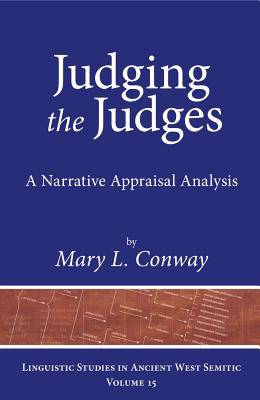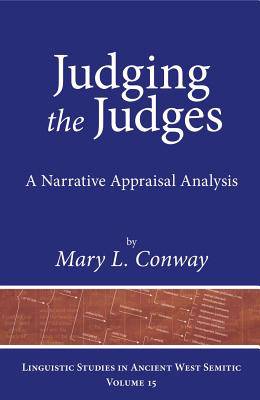
- Retrait gratuit dans votre magasin Club
- 7.000.000 titres dans notre catalogue
- Payer en toute sécurité
- Toujours un magasin près de chez vous
- Retrait gratuit dans votre magasin Club
- 7.000.0000 titres dans notre catalogue
- Payer en toute sécurité
- Toujours un magasin près de chez vous
Description
The book of Judges is full of characters of ambivalent moral integrity and acts of dubious propriety, such as Jael's murder of Sisera and the sacrifice of Jephthah's daughter. And yet the terse narrative and the reticent narrator frequently leave the ethical character of these actions in doubt. In order to avoid reading contemporary worldviews and ethics into this ancient text, Mary L. Conway applies a blend of narrative and functional linguistic theories to her analysis of the stories of the six major judges in an effort to more accurately identify the unifying ideological stance of the book.
Using an interdisciplinary approach that employs the concepts of narrative perspective alongside appraisal theory, Conway evaluates the judges within their historical context in order to determine whether their actions are normative or aberrant. The lexicogrammatical and ideational evidence produced by this methodology reveals contrasts and trajectories within and across the narratives that, Conway argues, give insight into the character and actions of the Israelites and YHWH and the relationship between them.
In this trailblazing study, Conway models a new approach to biblical interpretation that lays bare the ethics of the book of Judges. It will be of interest to biblical studies scholars, in particular Old Testament scholars, as well as seminary students and pastors.
Spécifications
Parties prenantes
- Auteur(s) :
- Editeur:
Contenu
- Nombre de pages :
- 392
- Langue:
- Anglais
- Collection :
- Tome:
- n° 15
Caractéristiques
- EAN:
- 9781575067247
- Date de parution :
- 02-11-19
- Format:
- Livre relié
- Format numérique:
- Genaaid
- Dimensions :
- 152 mm x 229 mm
- Poids :
- 743 g

Les avis
Nous publions uniquement les avis qui respectent les conditions requises. Consultez nos conditions pour les avis.






